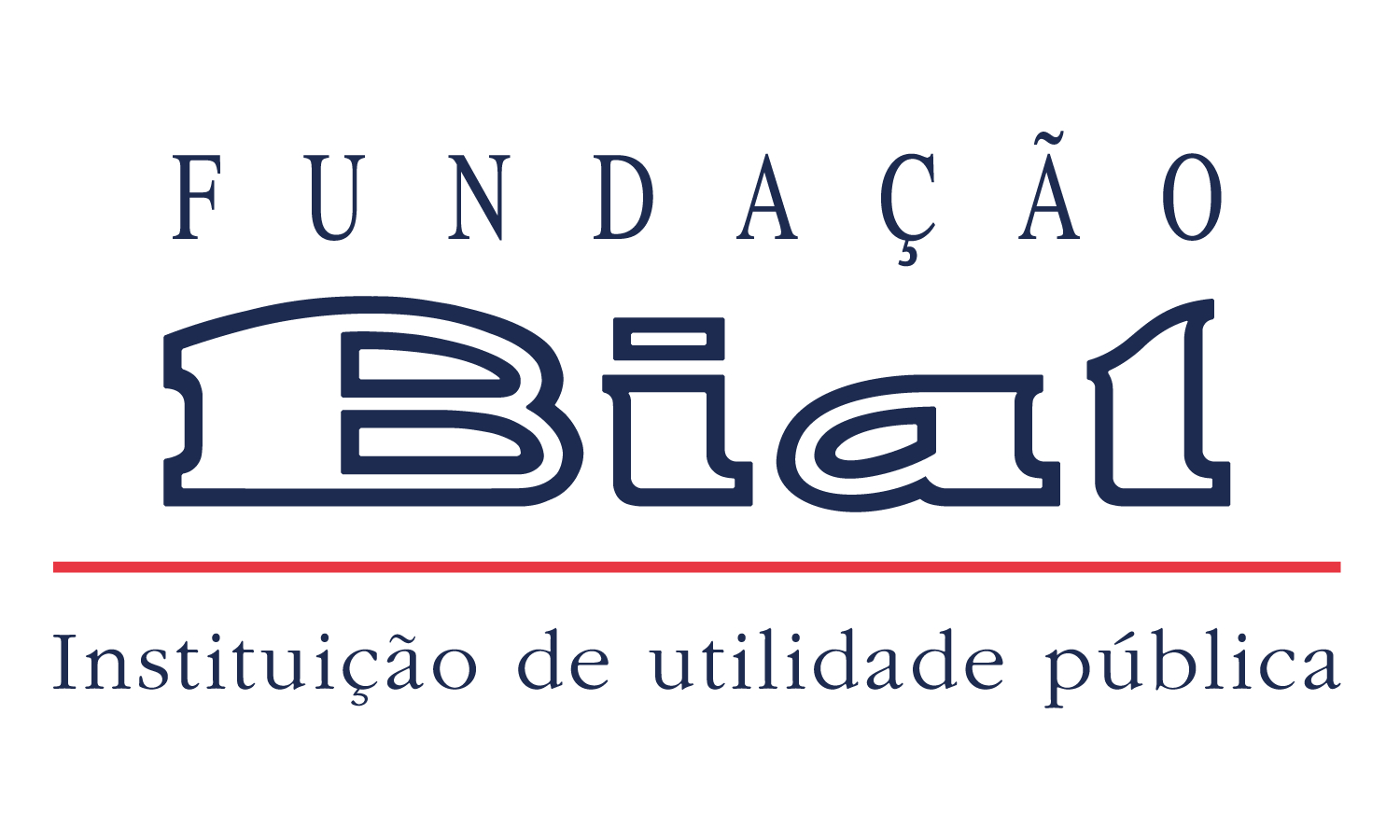No âmbito do projeto de investigação 148/18 - Voice perception in the visually deprived brain: Behavioral and electrophysiological insights, apoiado pela Fundação BIAL, a equipa de investigação liderada por Tatiana Conde, pretendeu analisar como pessoas com deficiência visual percecionam a autenticidade emocional. Combinando medidas comportamentais e potenciais evocados por eventos (em inglês: event-related potentials, ERP), avaliaram a perceção de autenticidade emocional de risos e choros em 51 participantes: indivíduos que nasceram ou ficaram cegos numa fase precoce da vida (n = 17) numa fase tardia (n = 17), bem como um grupo de controlo de normovisuais (n = 17). Comportamentalmente, os participantes com cegueira precoce e com visão tiveram um desempenho semelhante na perceção da autenticidade emocional, mas o grupo com cegueira tardia teve um pior desempenho comparativamente ao grupo de controlo. Nas respostas cerebrais, todos os grupos foram sensíveis à autenticidade do riso no estádio P2 e à autenticidade do choro no estádio inicial do LPP. No entanto, apenas os participantes com cegueira precoce foram sensíveis à autenticidade do choro nos estádios N1 e intermediário do LPP, e à autenticidade do riso no estádio inicial do LPP. Além disso, os participantes com cegueira precoce e os normovisuais foram mais sensíveis do que os com cegueira tardia à autenticidade do choro nos estádios P2 e LPP tardio. Em conjunto, estes resultados sugerem que a privação visual prolongada com início tardio, deteriora a perceção de autenticidade emocional. Para saber mais sobre este estudo, consulte o artigo Blindness influences emotional authenticity perception in voices: Behavioral and ERP evidence publicado na revista científica Cortex.
ABSTRACT
The ability to distinguish spontaneous from volitional emotional expressions is an important social skill. How do blind individuals perceive emotional authenticity? Unlike sighted individuals, they cannot rely on facial and body language cues, relying instead on vocal cues alone. Here, we combined behavioral and ERP measures to investigate authenticity perception in laughter and crying in individuals with early- or late-blindness onset. Early-blind, late-blind, and sighted control participants (n = 17 per group, N = 51) completed authenticity and emotion discrimination tasks while EEG data were recorded. The stimuli consisted of laughs and cries that were either spontaneous or volitional. The ERP analysis focused on the N1, P2, and late positive potential (LPP). Behaviorally, early-blind participants showed intact authenticity perception, but late-blind participants performed worse than controls. There were no group differences in the emotion discrimination task. In brain responses, all groups were sensitive to laughter authenticity at the P2 stage, and to crying authenticity at the early LPP stage. Nevertheless, only early-blind participants were sensitive to crying authenticity at the N1 and middle LPP stages, and to laughter authenticity at the early LPP stage. Furthermore, early-blind and sighted participants were more sensitive than late-blind ones to crying authenticity at the P2 and late LPP stages.
Altogether, these findings suggest that early blindness relates to facilitated brain processing of authenticity in voices, both at early sensory and late cognitive-evaluative stages. Late-onset blindness, in contrast, relates to decreased sensitivity to authenticity at behavioral and brain levels.

































































































